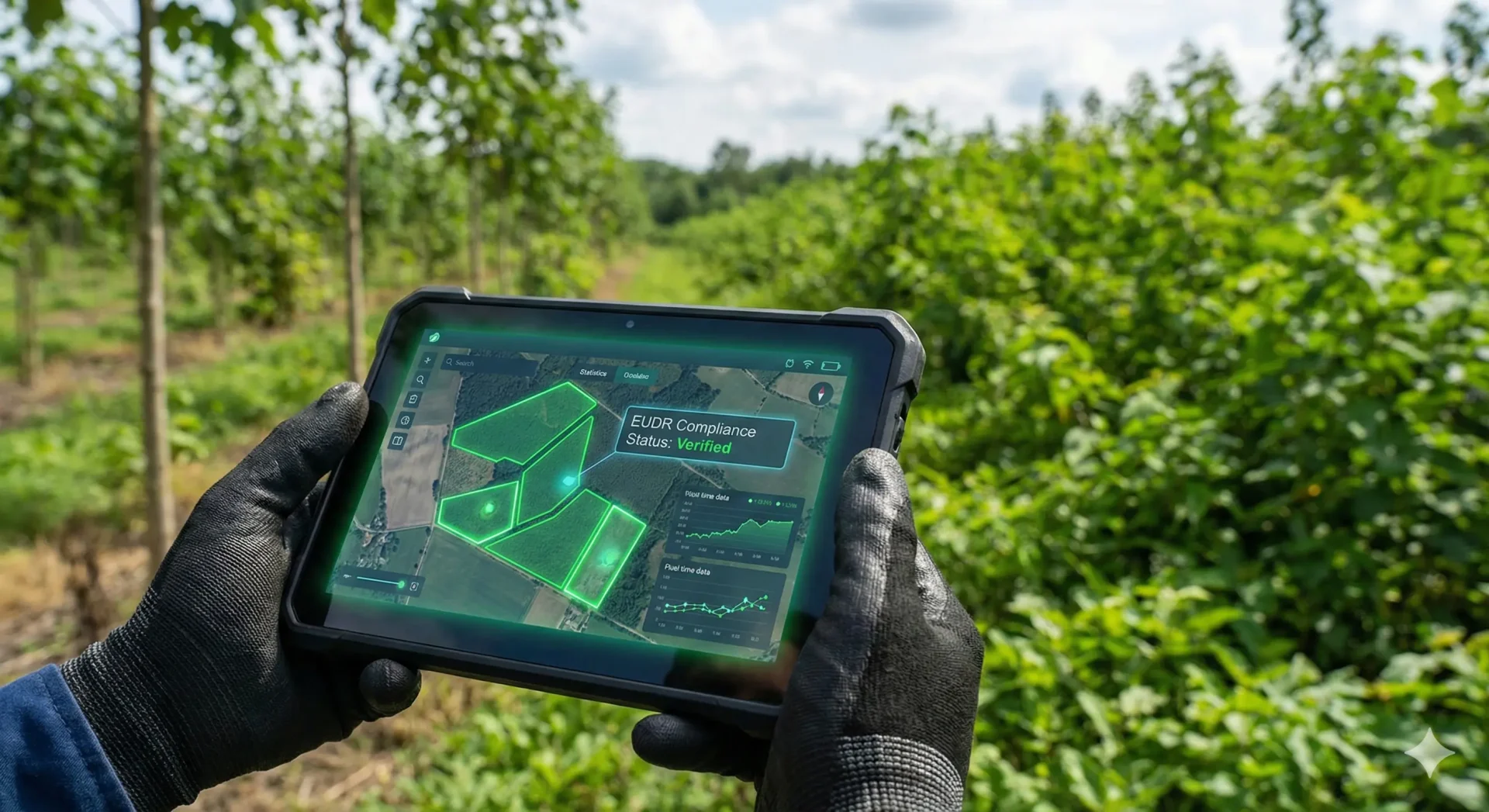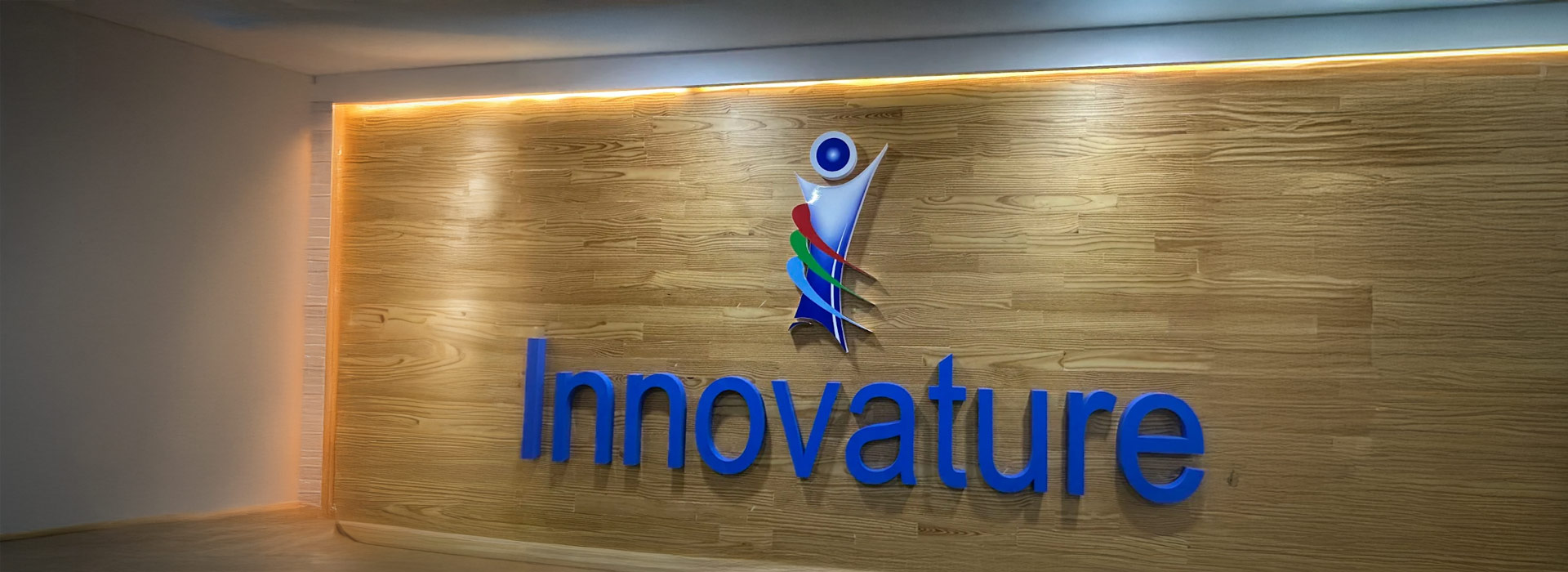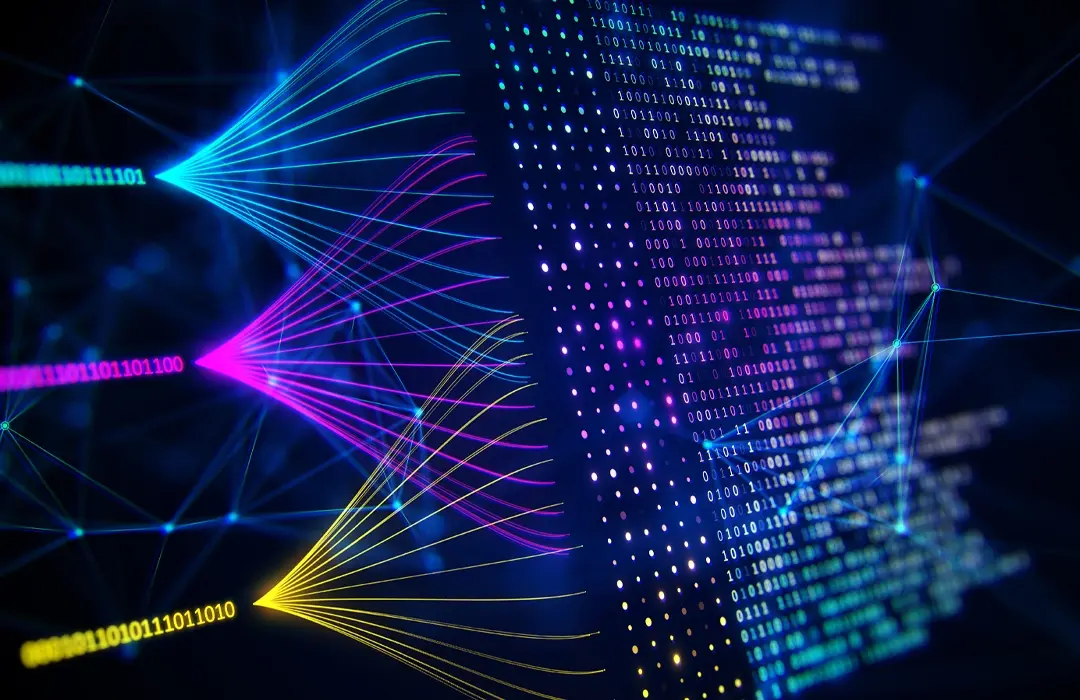
The internet has evolved significantly since its inception, transitioning from Web1, characterized by static web pages, to Web2, which introduced dynamic content and user-generated platforms. Now, we stand on the brink of another transformation with Web3, a decentralized internet built on blockchain technology. This new paradigm promises to revolutionize various industries by enhancing security, transparency, and user control.
Understanding Web3
Web3, coined by Ethereum co-founder Gavin Wood, represents a shift towards a decentralized internet where data is stored on blockchain networks rather than centralized servers. This decentralization ensures that no single entity has control over the entire network, promoting greater security and user autonomy.
Key Features of Web3
Decentralization: Unlike Web2, where data is controlled by a few large corporations, Web3 distributes data across a network of nodes, reducing the risk of data breaches and censorship.
Blockchain Technology: Web3 leverages blockchain to create immutable records of transactions, enhancing transparency and trust.
Know more about the latest trends in blockchain:
Navigating the Future: Top Blockchain Trends for 2024 (innovature.ai)
Smart Contracts: These self-executing contracts with the terms directly written into code automate and enforce agreements, reducing the need for intermediaries.
Tokenization: Digital assets can be tokenized, allowing for new economic models and the creation of decentralized finance (DeFi) applications.
Impact on Various Industries
Financial Services: Web3 is already making waves in the financial sector through DeFi, which offers decentralized alternatives to traditional banking services. This includes lending, borrowing, and trading without intermediaries, reducing costs and increasing accessibility.
Read more about our recent project of decentralized Non-Custodial wallets here,
Understanding Blockchain: The Technological Edge of Non-Custodial Wallets (innovature.ai)
Healthcare: Blockchain can secure patient data, ensuring privacy and enabling seamless sharing of medical records among authorized parties. This can lead to improved patient outcomes and streamlined operations.
Supply Chain Management: Web3 enhances supply chain transparency by providing real-time tracking of goods. Smart contracts can automate and verify transactions, reducing fraud and improving efficiency.
Entertainment: The entertainment industry can benefit from Web3 through decentralized content distribution, ensuring fair compensation for creators and reducing piracy. NFTs (Non-Fungible Tokens) allow artists to monetize their work directly.
Real Estate and Construction: Tokenization of real estate assets can democratize investment opportunities, allowing fractional ownership and increasing liquidity in the market.
Read more about how AI is transforming the construction industry:
Constructing Efficiency: AI Solutions for the Building Industry (innovature.ai)
Retail: Web3 can transform the retail sector by enabling decentralized marketplaces where users have control over their data and transactions are transparent and secure.
Challenges and Future Outlook
While Web3 holds immense potential, it also faces challenges such as scalability, regulatory uncertainty, and the need for widespread adoption. However, as technology advances and more industries recognize its benefits, Web3 is poised to become a cornerstone of the digital economy.
In short, Web3 represents a significant leap forward in the evolution of the internet. By decentralizing control and enhancing security, it has the potential to transform industries and empower users like never before. As we continue to explore and develop this new frontier, the possibilities for innovation and growth are boundless.










